Crisis in Academia and the Necessity of Normal Jobs
Why Academia Doesn't Suck, Entitlement and Eucatastrophe
This video has been making the rounds. When I watched it, I noticed the part where she said she didn’t have a job and she tried to sell oil paintings. I think this is the summary of the entire problem in academia: people who try to sell oil paintings, or whatever other kind of thing, to avoid getting a job. Then academia itself becomes people trying to avoid getting a job, and then nothing gets done, and the politics becomes extremely corrupt.
I don’t agree with the criticisms by various people who just want to see academia die. It’s really sensible to be able to go take a class and get certifications. However, there’s all sorts of monopolizing, corporate takeovers, etc. People have fetishized the idea of being an academic so much they go in thinking they’re going to be Albus Dumbledore or Charles Xavier just for being a professor, which is also related to all the so-called woke posturing, but in reality they’re Dolores Umbridge. Congratulations, you got what you wanted, you’re a professor! What drives them all seems to be very clearly ressentiment in the Kierkegaard or Nietzsche sense, in that they want to make people below them suffer to prove they’re not on the bottom of the totem pole, but before that it’s just ego, because these people don’t want to get a regular old job, they would rather sell oil paintings or whatever than get a regular old job. You don’t spend all your time working, you also need to sleep, eat, bathe, etc. and you’re only supposed to engage in stress in short bursts so you also just need breaks.
I kept thinking oh, I should go get a job researching or whatever and I still think I should but the fact is most research is useless. Most researchers don’t get paid very much, and I would guess this is because most researchers are just people who refused to get a job. It has just become an egofest and we don’t want that. Professors often can’t afford their own papers and have to pirate them on Scihub.
Why SciHub Might Not Matter | Science | AAAS
Academic publishing, Sci-Hub, and the Ring That Rules Them All. | by Andrea Zanni | Medium
When people get to academia, the whole thing is basically a bunch of exploitation, with professors taking credit for their students’ work and not letting them graduate to keep taking credit for it.
Academia is built on exploitation. We must break this vicious circle | Universities | The Guardian
I landed my dream PhD – and it turned into a nightmare | Universities | The Guardian
Personal Experiences of Exploitation of Research Students by Professors | LinkedIn
The solution to the whole thing seems to quite simply be for more people to go work at the cash register, shelves, or fry cooks instead of trying to sell oil paintings and not making very much money anyway. Academia will only suck if you make it all about your ego and you are so very special and don’t ever need to work a job and you’re the prince or princess who sells oil paintings instead.
You don’t do one thing all the time. Sometimes you’re awake and sometimes you sleep, sometimes you inhale and sometimes you exhale, sometimes you eat and sometimes you bathe, so sometimes you can go work at the cash register or the shelves or the frying vat and sometimes you can do your research. Most of what you get paid for in academia should probably be teaching anyway because research seems nearly impossible to really quantify even if it’s obvious that something like Newton discovering gravity is infinitely more valuable than the kinds of infamous examples of people wasting their lives trying to study fruit fly eggs or whatever just because that’s safe and what some people fund. How much do you pay Newton to discover gravity or Einstein to discover relativity or whatever even if it’s obviously the pinnace of achievement? Speaking of which, even Einstein worked at the patent office, Tesla dug ditches, Newton was on a farm. I don’t think any of this is coincidental, I think it’s just more proof you should get a plain old job if you want to discover things. You’re not going to be stuck in your plain old job doing nothing but that wasting your life away if you’re already intellectual, but you won’t be beholden to corporatists and fragile overinflated egos.
I know things are hard right now but you wouldn’t want them to be easy anyway because everything is change. If things can’t go up then they’ll go down, and which way would you prefer for them to go?
The fact is, you don’t want things to be too easy. Have you ever seen the Twilight Zone episode “A Nice Place to Visit?” After a man named Mr. Valentine is shot to death, he goes to the afterlife. He meets Pip who promises him everything he could ever want and then eventually he gets bored and says "I don't belong in Heaven. I wanna go to the other place," to which Pip responds “Whatever gave you the idea that you were in Heaven, Mr. Valentine? This is the other place!” This is probably yet another way the proverbial deal with the Devil can fail besides the typical manifestation of the monkey paw effect: you just don’t want to get everything you want so easily, because perception relies on opponent processes, once you take all those away by getting everything the only thing that’s left is the gradual dissolution of it like a sensory deprivation effect.
Now we shall turn to one of our favorite real professors, J. R. R. Tolkien, who said that every story is about a fall. Since everything in life perceptually comes down to stories, this just means it’s actually the best time in all of history to be involved in academia. If you can survive the Fall of Academia what you’ll get is infinitely better than if it didn’t happen. Tolkien called his idea eucatastrophe.
The best-known and most fully realized eucatastrophe in Tolkien's work occurs in the climax of The Lord of the Rings. Though victory seems assured for Sauron, the One Ring is permanently destroyed as a result of Gollum's waylaying of Frodo at Mount Doom.[10] Frodo essentially fails his impossible quest at its very end, claiming the Ring for himself – however, at this moment, Gollum suddenly appears, steals the ring, and in his ecstatic gloating falls into the fire. If not for Frodo's previous mercy in sparing Gollum's life (a great risk owing to Gollum's obvious treachery, met with bitter protest by Sam), and if not for the Ring's own corruptive influence on Gollum, Sauron would surely have reclaimed it. Thus, Evil is inadvertently and unforeseeably defeated through a small act of kindness and through its own corruptive machinations.
Is it really that unforeseeable though? When you look closely it seems inevitable that that’s how things would happen, you just needed to be paying attention.
When I was growing up, a bunch of the adults in my life pushed me really hard to go into academia, and naturally, I really didn’t want to. This is especially since they kept watching the show The Big Bang Theory all the time, which unlike Harry Potter, X-Men, Indiana Jones, or most of those other kinds of pop culture, makes being a professor look really dorky and gross because you’re Sheldon Cooper. This show itself is probably a psychological reaction to people like Dr. Sabine Hossenfelder, who think that being a professor automatically makes you better than the plebs, try to sell oil paintings instead of getting a real job, and then end up in a proverbial deal with the Devil in academia because they just end up completely beholden to the system with nothing else they can do and it ends up being horrible for them despite being exactly what they wanted. If all the people who are professors think they’re so great and wise wizards and superhumans and whatever, we’ll make them look like complete failures! This is probably true for more academics than the inverse at this point in history just because of all the people with artificially-inflated egos and no accomplishments to back them up flooding into academia and the corporatists who only want to put money into low-risk but useless things like researching fruit fly eggs backing them up.
Despite really not wanting to do that, now I tend to see there’s not really much else for me to do, researching and teaching people and writing is basically what I already do but I’m just not getting paid all that much for it or part of the academic reputation system because it’s crowded out by all these people who really shouldn’t be there, who gave me a negative opinion of the system in the first place. Of course everyone should do multiple things in their life, otherwise you just sort of freeze and hit the end of your life and you’re dead (and I’ve met people like that, most of whom seem to literally die rather young since they run out of things to live for,) but there’s really a main Urthema that other things branch out from. This reminds me of a popular analysis of George R. R. Martin’s A Song of Ice and Fire/Game of Thrones, in which it’s always shown that the power goes to the people who aren’t power-hungry. I guess I’m ending up as one of those people, because I really didn’t want to do the things that people were trying to tell me to do out of what seems like their own narcissistic reasons and went off and studied things most people have never heard of like biophysics instead and sort of detested academia because I didn’t yet know that people were studying things like that, or Dijkstra and the a prior correctness of code when Dijkstra is like the anti-Turing and everyone who wants to look smart likes Turing, etc.
The sign is not arbitrary. Once upon a time I decided I was going to call myself Coeruleum on the Internet because I liked the symbolism of a lighter bluish color that’s actually treated like a color and not “neutral,” so I picked the coolest word I could think of for that which was to take the name coeruleum from the Neo-Latin used by scientists. Coeruleum literally just means sky color in Neo-Latin, classical Latin would be caeruleus/caerulea/caeruleum with an ae and different kind of declensions. I was almost going to name myself that here until
told me I should use my real name on Substack because that’s the point. Later on I got into Magic: the Gathering because I liked the art and thought the game looked fun and I’ve wanted to do that for a long time, and my cousin told me it doesn’t actually cost $500,000 or whatever to play just because mint condition black lotuses cost that much so I got into it. The first thing I wanted was of course not to play blue because I didn’t want to be told to play blue when I was calling myself Coeruleum and also people who liked watching The Big Bang Theory were telling me to be a professor and the color blue in Magic: the Gathering stands for intellectualism and the mind mostly, and some people feel like Magic: the Gathering encourages people to play blue in general.Naturally, at first I avoided playing blue with all my might because you can’t make me play blue. This is despite the fact I overwhelmingly tended to play things that are equivalent to playing blue in every other game. But no, just because I literally named myself Coeruleum and play things that are blue-equivalent in every other game because the sign is actually not arbitrary doesn’t mean you can make me play blue in Magic: the Gathering. Of course now I play tons of blue when I play Magic: the Gathering.
Let's Play Video Games! - by Michaela McKuen (substack.com)
Not only do you have my City of Heroes telepath shown above, the successor to my Champions Online telepath because I joined Champions Online when City of Heroes was already taken down and I didn’t play it when it was up despite having one friend in elementary school who was really into City of Villains (same game but it’s called City of Villains when you play as a villain and she liked to play as a villain,) I also kept playing the same thing in D&D 5e where it was kind of discouraged. First I had a warlock of the Great Old One and later I learned that the aberrant mind sorcerer seemed to do the same thing but better. I kept running around mind controlling all the DM’s monsters and the necromancer would control them after they were dead, so the DM was like, Jace and Liliana over here should stop taking my stuff or I’m going to make rocks fall and everyone will die. He didn’t say that, but I know that because I used Detect Thoughts on my aberrant mind sorcerer. Just kidding. D&D 5e wants everyone to play a wizard, but unlike 3.5e where I actually did play a wizard despite my reluctance to from 5e, in D&D 5e wizards do one thing, and that one thing is control the elements to make explosions. This is because in D&D 5e, they follow the more mainstream view of being smart as watching PBS Nova documentaries and doing string theory and cosmology even though physics journals think that’s useless, except since it’s a fantasy world physics is about controlling the elements, while MTG is mostly based on like Ursula K. Le Guin books and older science fiction fantasy like that so in MTG being a smart person generally means being a telepath. One guy who always played druids and gave them obviously intellectual backgrounds like being a demonologist also ended up quitting playing with the people who wanted him to play a wizard, and the boy who rolled a wizard necromancer because the DM told him to killed it to come back from the dead as a divine soul sorcerer who could raise way more zombies and also be a reborn/basically Frankenstein’s monster. I wonder why ever this all could possibly be. Not. If Wizards of the Coast wants to make Dungeons and Dragons as popular as Magic: the Gathering, they can probably start by noticing the entirely different worldviews encompassed by the different fantasy worlds they made because I earnestly think it’s just a story thing, since even all those Let’s Play D&D people made up their own worlds and the worlds they made up are vastly different to the ones that D&D became known for and much closer to the 1970s science fiction fantasy it started out as before Dragonlance ruined it.
Romanticism in science - Wikipedia
When categorizing the many disciplines of science that developed during this period, Romantics believed that explanations of various phenomena should be based upon vera causa, which meant that already known causes would produce similar effects elsewhere.[2]: 15 It was also in this way that Romanticism was very anti-reductionist: they did not believe that inorganic sciences were at the top of the hierarchy but at the bottom, with life sciences next and psychology placed even higher.[2]: 19 This hierarchy reflected Romantic ideals of science because the whole organism takes more precedence over inorganic matter, and the intricacies of the human mind take even more precedence since the human intellect was sacred and necessary to understanding nature around it and reuniting with it.
Various disciplines on the study of nature that were cultivated by Romanticism included: Schelling's Naturphilosophie; cosmology and cosmogony; developmental history of the earth and its creatures; the new science of biology; investigations of mental states, conscious and unconscious, normal and abnormal; experimental disciplines to uncover the hidden forces of nature – electricity, magnetism, galvanism and other life-forces; physiognomy, phrenology, meteorology, mineralogy, "philosophical" anatomy, among others.[2]: 6
Now to all the people who are passing around that video or running around quoting other notorious anti-academia people like Nicolas Taleb and Christopher Langan because this disillusionment has been going on for quite a while at this point, have some inspirational music, and I’m going to read George R. R. Martin’s series even if he hasn’t finished it yet and publish my personal research I’ve already done on Substack since I’m here instead of waiting for some corporatist bureaucrat’s permission.
(Credit to
for this one)(
)
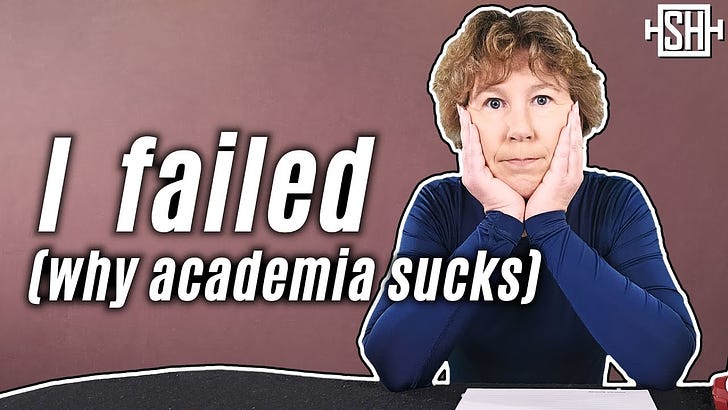


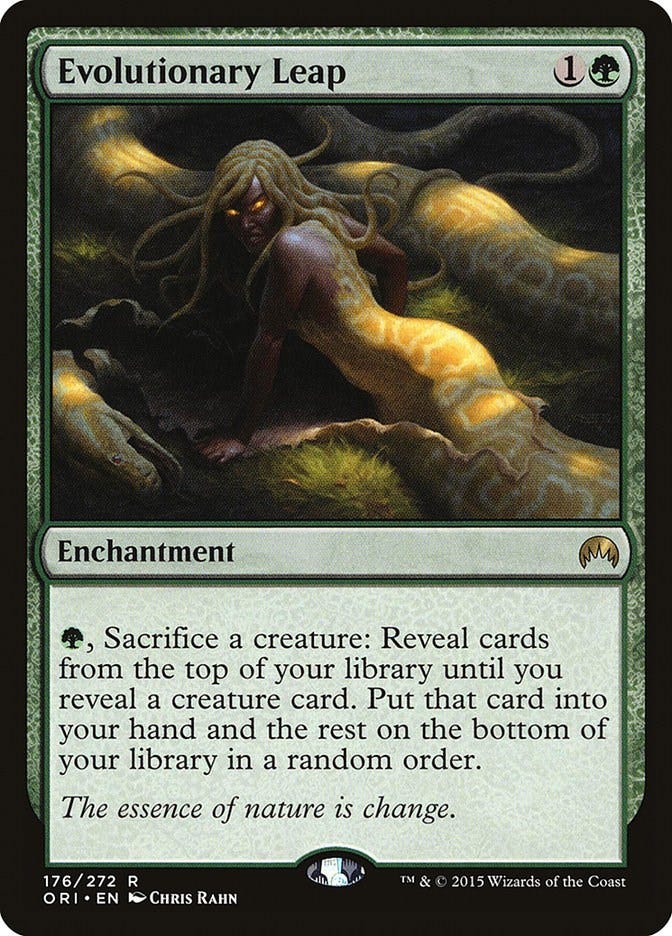
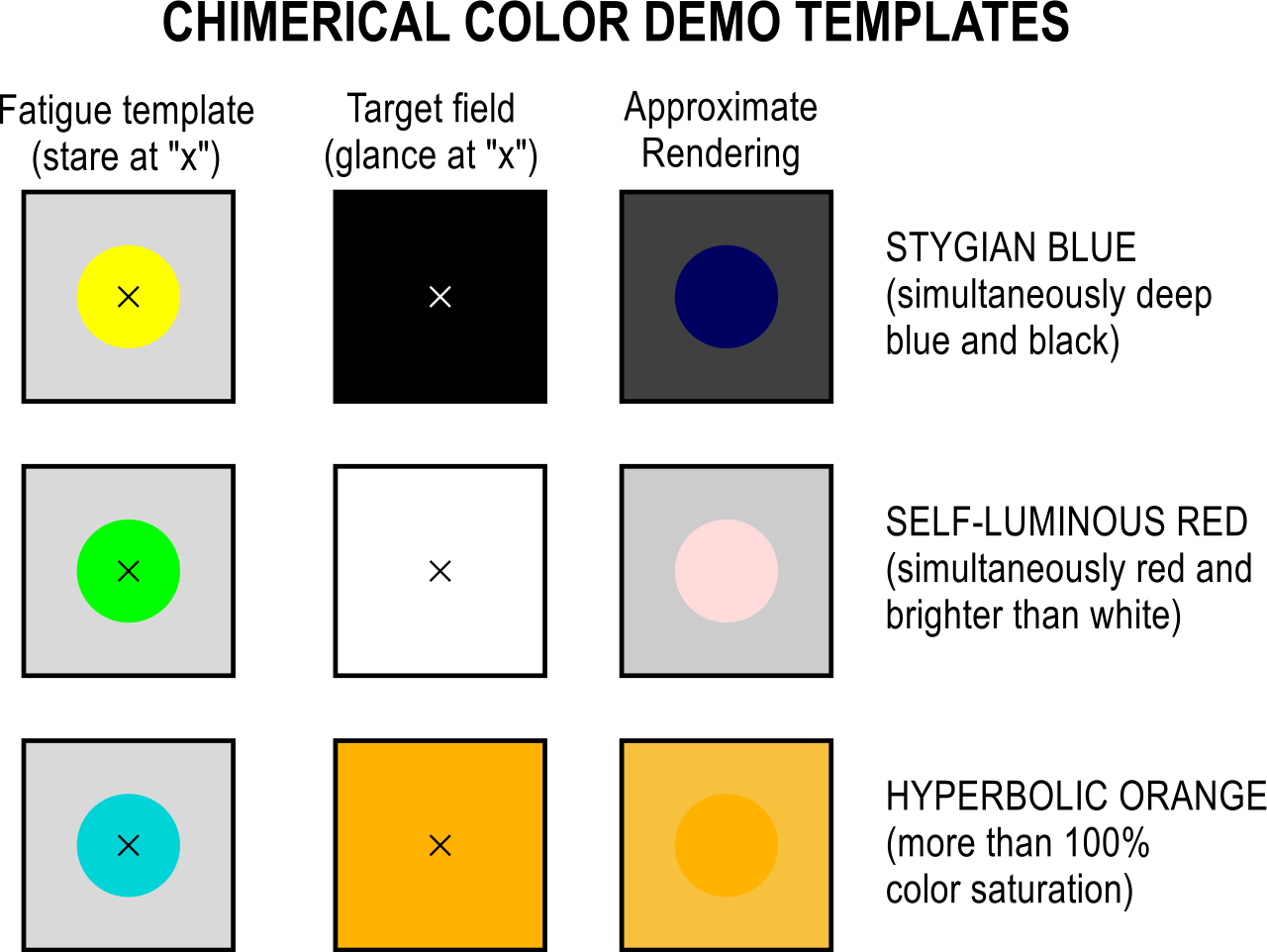
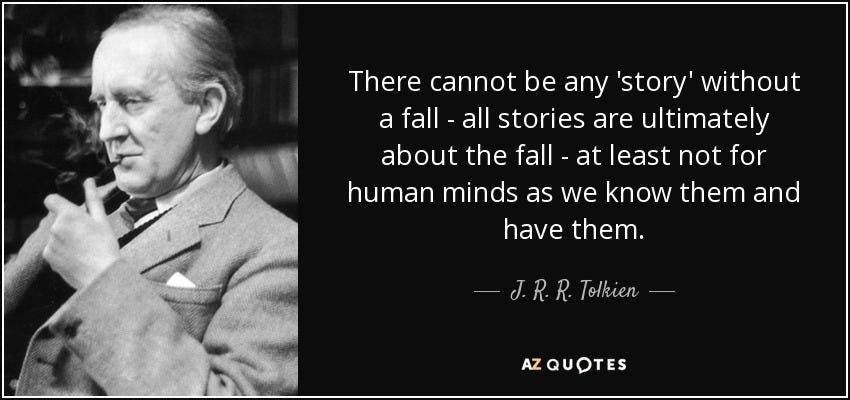

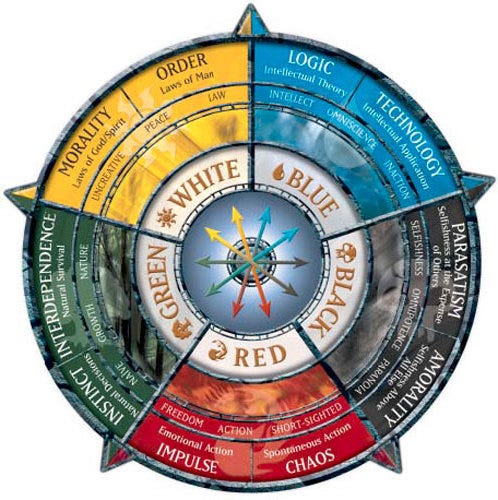


Rock on.
Some academics may be surprised, but the University of Illinois, my alma mater, began as the Illinois Industrial University in 1867, where, "Student Life With the downtowns of both Urbana and Champaign nearly a mile from campus, there weren’t many outlets for fun for early students, who had compulsory manual labor and military drill daily or weekly. Even the two original student organizations were geared to improving the minds and skills of students. When women were admitted in 1870, women’s organizations followed suit." https://www.library.illinois.edu/mappinghistory/campus-history/the-early-years/
The problem isn't that there needs to be more Starbucks jobs per se, because that is more wasteful of transportation when driving and of paper cups and sugar packets. There are a lot of things that could be done efficiently and less wasteful, and the cost of employing a Starbucks worker at a living wage, such as $24/hr in a high-rent area isn't going to be desirable for Starbucks nor the person debating learning how to grind, and brew their own coffee from a bag of coffee beans and buying in bulk.
The entire system doesn't value education for the sake of learning and improving microeconomies and consumer education. Not surprisingly, many of Phillip Morris's subsidiaries were processed food companies until the mid-00s: https://www.youtube.com/watch?v=vAgn5R3EUnU. The employment requiring salesmanship for profits of unhealthy foods only serve the healthcare, pharmaceutical and insurance industry. The greatest healthcare policy the U.S. could enact is guaranteed housing and post-graduate education for all citizens, who could trade the wish to be the lead-PI on every lab paper for a more collective research economy. The amount of healthcare costs that could be avoided would be credited to preventative healthcare- less of a need to drive far to work (live and work on campus- I didn't get a driver's license until I was 21 for this reason), and less of a need to earn an income to produce knowledge. Students could work for life in jobs like waxing floors, harvesting grain off-campus, repairing and operating tractors, or planting and growing coffee beans (among other essential crops), rather than studying if they really didn't want to. But most university administrators and the technology transfer licensing offices today, see two one way streets-one street for tax payer dollars funding largely private research, that goes to private IP and the other street sending a bill for the rental of services created by the IP https://pluralistic.net/tag/digital-feudalism/. If universities are in essence, training centers for future feudal technocrats, then the university system is a thin veneer for something quite opposite of the ancient monastery.
" The setting is a fictional province of central Europe called Castalia, which was reserved by political decision for the life of the mind; technology and economic life are kept to a strict minimum. Castalia is home to an austere order of intellectuals with a twofold mission: to run boarding schools, and to cultivate and play the Glass Bead Game, whose exact nature remains elusive and whose devotees occupy a special school in Castalia known as Waldzell. The rules of the game are only alluded to—they are so sophisticated that they are not easy to imagine. Playing the game well requires years of hard study of music, mathematics, and cultural history. The game is essentially an abstract synthesis of all arts and sciences. It proceeds by players making deep connections between seemingly unrelated topics." https://en.wikipedia.org/wiki/The_Glass_Bead_Game
" It was begun in 1931 in Switzerland, where it was published in 1943 after being rejected for publication in Germany due to Hesse's anti-Fascist views.[1]" The idea the world makes academia less affordable with commercialization is due to the fact that technology is emphasized for non-research purposes, (e.g. selling excessive packaging like plastic utensils).
Studying fruit flies isn't useless per se, but a lot of it gets buried under biased and omitted research papers, that seeks to discredit or marketize trendy research, and it has been like this since the 80s (White Noise).
I'd like to start an academy for academics who were not successful at reaching tenure. I'd call it The Institute for Academic Rejects. The classes and labs would be no larger than 60 students, each for seconds of a broken analog clock. Because one second the clock's second hand points to would be right at least 1/60th of the time at any given time.